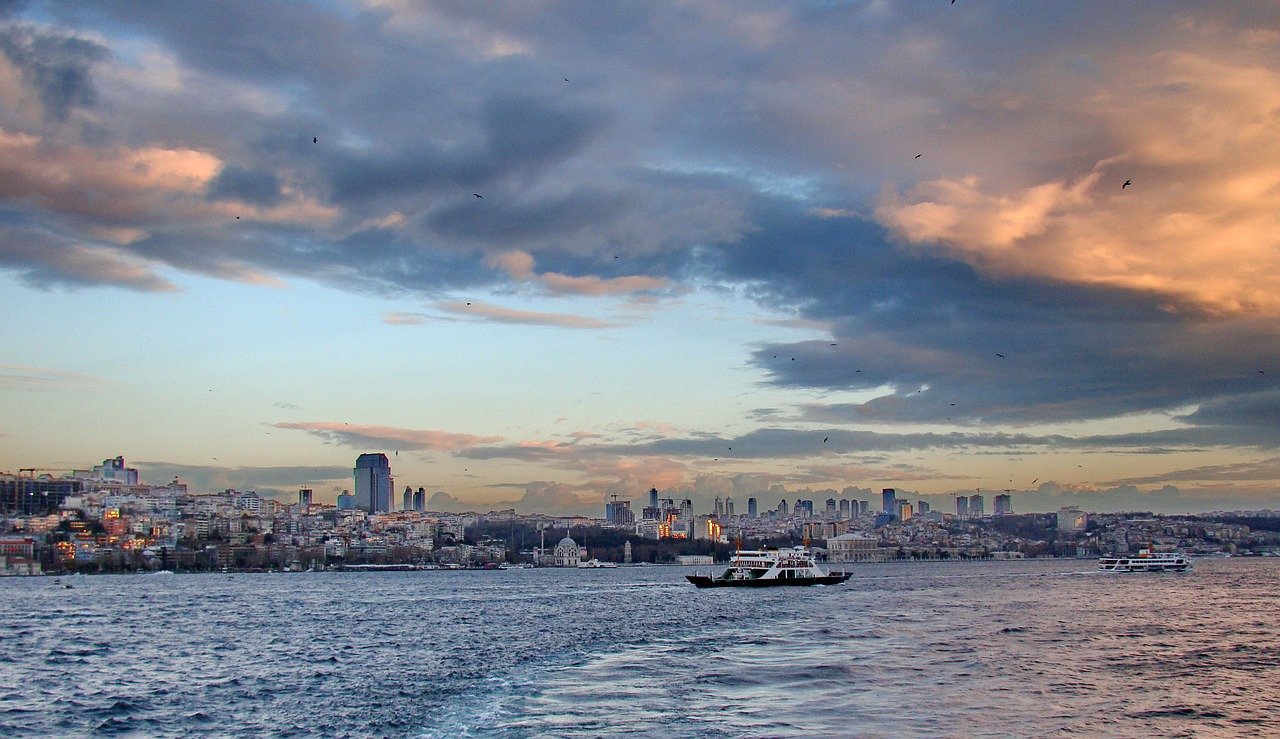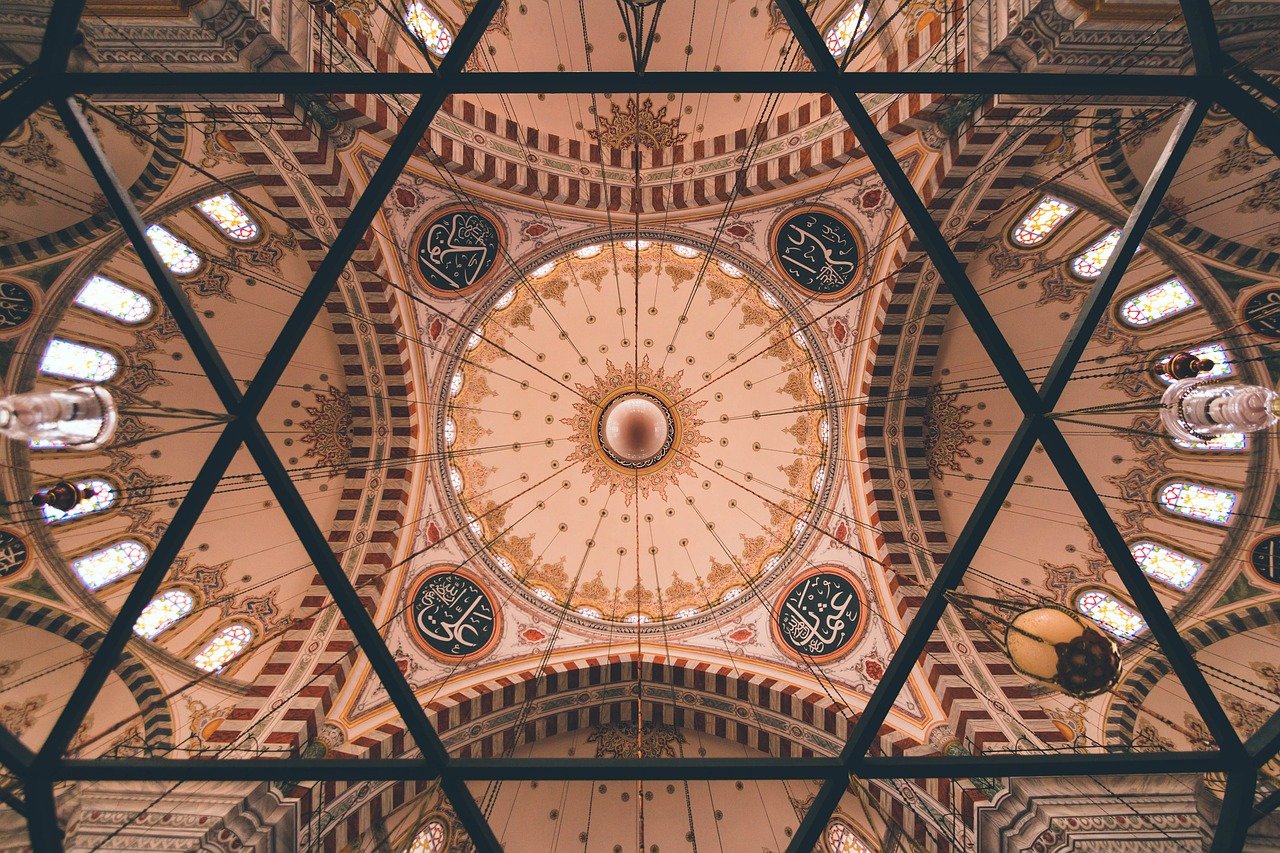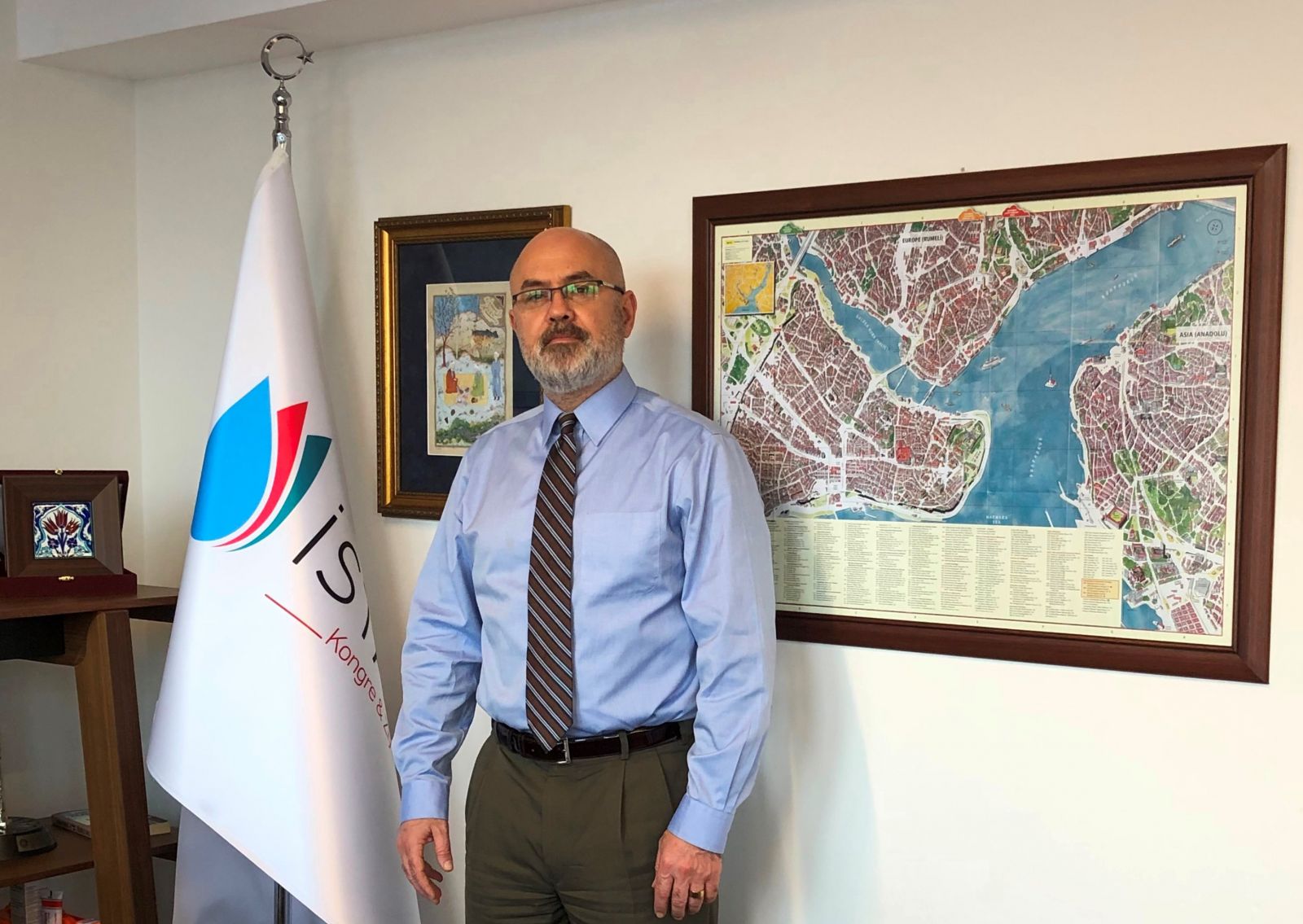Istanbul: Events Between Two Continents

A safe place with strong core values, great accommodation with brand new hotels, state-of-the-art convention centres with competitive services and prices, and within easy reach of several destinations. Istanbul aims to once again mark its place on the convention map and convince associations of its strong arguments for hosting events in the middle of two continents.
Crossing the Bosphorus strait from the European to the Asian side - from Fatih to Üsküdar - we can see the immensity of this mega-city on an endless horizon. Istanbul is a living testimony to several chapters of history, legendary figures, cultural landmarks and perpetual movements of people from various latitudes passing through Eurasia's main "customs house". Istanbul was the capital of three different empires and a vibrant trading centre for many centuries mirrored in its various names. It is also a thriving and central financial centre in Turkey and home to almost 100,000 businesses, many of them international. As a result of its rapid economic growth, Istanbul welcomes thousands of visitors every year and owes much of its international openness and business strength of recent years to tourism. The local Convention & Visitors Bureau was established in 1997 representing Istanbul in the congress sector worldwide, leading it to a clear rise within international associations.
“We were planning to hold twenty-two major international events in Istanbul in 2021: almost 11 of them were postponed; 3 were cancelled; 2 took place face-to-face and another 3 decided to become virtual. If we look from the point of view of congresses, this sector was affected more than tourism itself,” says Cemil Hakan Kılıç, general manager of the Istanbul Convention & Visitors Bureau (photo below). Even at times where people were willing to resume travel and take a break from the pandemic, congresses remained suspended in the Turkish capital as they concern indoor areas with a greater susceptibility to participation. There was a wait-and-see attitude. “I always thought that the congress industry was the last wagon on the train during this period. Even if everything changed extemporaneously for the better, congresses would still be the last to pick up their share. That was the downside.” For Kılıç, it is a two-way street: "you can work as hard as you can or offer a bunch of incentives and it won't make any difference if the person next to you doesn't come".
From a city perspective, Istanbul stands out from many other mega-cities with the lowest crime rate in all of Europe. For a metropolis of this vast size, security is an essential asset, which has led to the construction of fairly new infrastructure in addition to numerous airlines flying direct from all over the world. Features that sell the city on their own. “Flying from Paris or London to cities like ours provides a different atmosphere within a melting pot of cultures. The combination of infrastructure and prices here is unbeatable. You can still get a 5-star hotel in Istanbul for the same price as a hostel in London, for example. Not to mention the quality, service and customer care,” says Kılıç. A low-cost trade coupled with a pleasant exchange rate are definitely strong arguments in the city's event strategy. The way products are priced in Europe, compared to the sharp devaluation of the Turkish lira, seems to captivate many visitors to Istanbul.
However, whether because of reputation or simply glamour, the manager still sees his city in a different fashion to other prominent destinations which he says have more “social credit”. “No matter what unfortunate incident occurs, there are cities like Paris or London that carry an international mystique and magnetism that are instrumental in getting through moments like this. I believe history and reputation explain these trends. Paris for example brings in 80 million visitors every year; it has a lot to do with how people's minds perceive those places.” Another reason is the European centrality of cities like Paris or Brussels that have large poles of associations and more stable relationships in this sense. In any case, international meetings were reaching new highs in the pre-pandemic of Istanbul, as the statistical reports of major international rankings such as ICCA or UIA show.

Bosphorus Strait
Another fact to bear in mind is accessibility and airline connections with Turkish Airlines flocking much of the traffic from almost all over the world. The city also has the new Galataport which can allow five huge cruise ships to dock at the same time. Definitely, getting to the city is not a problem. The issue of the time clock, on the other hand, is the one that has presented the greatest challenges to the convention office which believes that the worst is over. “This situation has struck once, but I don't think it will be repeated that intensely in the near future. People were caught off-guard, but they are no longer paralysed.Nevertheless, next time we will be able to adjust more quickly and more easily to hybrid or virtual formats. We will already have enough tools to change this "flat tyre." For Kılıç, the model will transition to something hybrid rather than 100% screen, and virtual reality coming into play. "If the only barrier was adapting to a diffuse reality, we can now see in the foreground the cutting-edge technological revolution we are witnessing. "The only reason people will retreat to screens is because of cost. If they do it virtually, the cost will be almost free, but the interaction format will often cut them off. Hybrid is the solution for large-scale events."
A more elusive question that is crossing many people's minds in the industry is that of insurance. Who will be able to get insurance for this damage? "We provide all the means, respond to client requests and invest our share, but suddenly a pandemic breaks out and we lose everything! There should be an international insurance policy that could cover this situation," defends Kılıç.
Istanbul has three congress centres in the heart of Istanbul - Taksim Square - which can hold around 30,000 people at the same time. During this period, they have adjusted with state-of-the-art equipment and all the technological means to provide hybrid and digital events. Nonetheless, “technology, as much as it makes us better and takes our breath away, has some drawbacks, especially for the meetings industry - it will take away our movement, touch, emotions and freedom.” The city's main objective for this phase is support for employees, members and industry stakeholders. Another thing they have been very committed to is exclusive partnerships with major travel companies such as TripAdvisor. With the American company, they have struck a deal to run the official Istanbul promotion pages for a year. The pages are being managed by One Istanbul, the city's official digital brand and destination marketing programme.

Another issue that has been raised is that of environmental and ecological issues such as green star certification programmes. How green are we now? "Sustainable issues have been very sought after by associations nowadays calling for more environmentally responsible destinations," Kılıç tells us. The focus on health and safety has been an asset considering the excellent healthcare facilities we have. Istanbul is the European city with the largest hospital bed capacity and for that reason, only 75% to 80% of the beds were occupied at the peak of the pandemic. "We have been in close contact with our members (hotels, restaurants and PCOs) between various meetings and exchange of correspondence on both sides. We need some business to stir things up and create traces of optimism." The government has also come up with a package of incentives to various venues and MICE players. On building a common path and legacy with society Cemil puts green and sustainable policies as a way forward - "the general awareness of the local event community towards the environment is the number one ambition in my mind. Renewable energy and sustainabe urbanism can also bring a large number of congresses to our city. That would be a solid legacy."
Other Articles
About Us
Supported by the Union of International Associations (UIA), the International Association of Professional Congress Organisers (IAPCO) and the Interel Group, the global public affairs and association management consultancy, Headquarters Magazines serve the needs of international associations organising worldwide congresses.

















